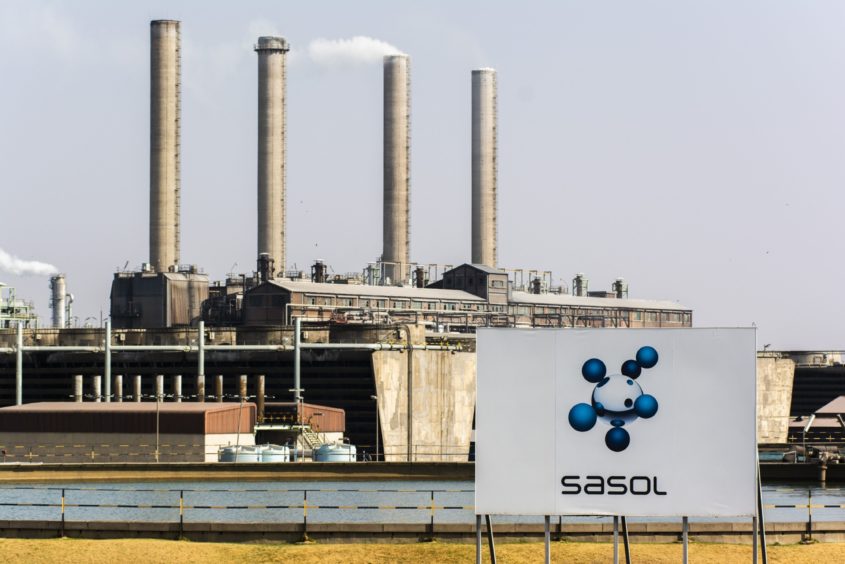
South Africa can develop its natural resources and achieve net zero, according to one industry insider, but more must be done legislatively and to secure community support.
South African Oil & Gas Alliance (SAOGA) CEO Adrian Strydom said it was only realistic that the country would not be able to switch off coal overnight.
“We need to make sure that we have energy security. We need to make sure that we are in a position to grow our industries,” Strydom said. Without power, without energy, “it’s going to be impossible to grow”.
South Africa is in a crisis, he continued, with energy at the heart of this. A lack of power has slowed the country’s economy, which has made the outlook for employment bleak.
“I believe gas is a game changer for us, in terms of developing our people, but also in in terms of getting us to transition out of poverty,” he said.
One positive note on this has been TotalEnergies’ application for a production licence at the offshore Luiperd discovery.
Strydom called for international support of gas power generation in the country, as part of the energy transition.
“We need to consider that gas reduces the carbon footprint dramatically, if you compare it with coal, so certainly we would like as an industry to promote that,” he said.
Around 80% of South Africa’s power generation currently comes from coal. Concerns around the impact on employment have slowed plans to move away from coal, even though the resource makes achieving South Africa’s net zero goals much harder.
Concerns around securing power generation must outweigh the environmental impact, at least in the short to medium term, Strydom continued. “There will be a need for coal. We cannot go from 80% to 0%. I think 0% is probably not achievable even in the long term. We have to pace ourselves.”
Certainty
One area that will help support the development of gas is “legislative certainty”, the SAOGA chief said. “We have taken too long to get that developed. Another positive is that Parliament is currently working on the Upstream Petroleum Resources Development Bill and has consulted widely.”
As such, Strydom said, “early in the new year, early 2023, there will be finality. So once that is done, I believe it will give investors more confidence.”
Alongside the legislative reforms, companies and politicians face a challenge in securing local support. Communities have objected to seismic plans over the last 12 months, disrupting Shell seismic surveys and others’ efforts.
“We have seen some misinformation that fuelled some antagonism around exploring for oil and gas,” Strydom said. The industry must provide more information on its plans and how it will have an impact on locals – and what safeguards are in place. “We cannot just go into the communities and expect them to understand what we’re thinking without engaging with them adequately.”

